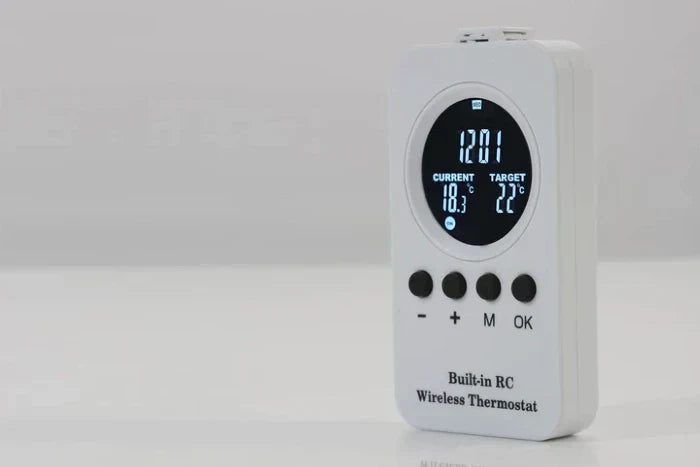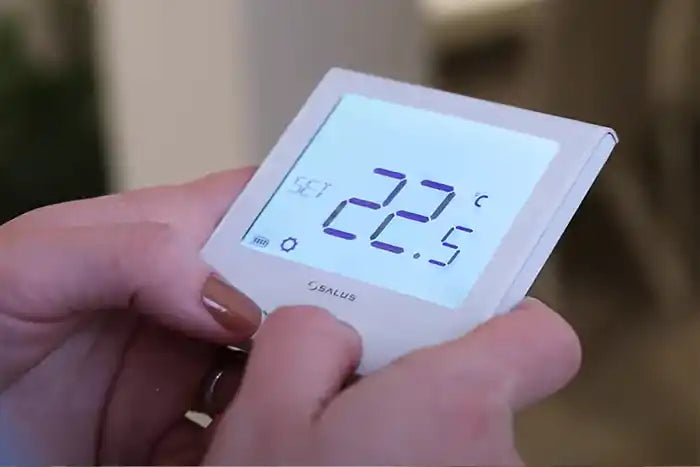Smart heating has transformed how to manage comfort and energy consumption in our homes. Using modern technology to leverage interconnected devices, smart heating offers greater control over indoor climate, whilst saving money and reducing energy waste. Delivering outcomes such as room-by-room zoning, these systems represent the next evolution in residential heating.
Smart Heating Optimises Temperature Management
Smart heating uses intelligent controls to optimise temperature management. Unlike traditional systems that require manual adjustments and often heat the entire home, smart systems are programmable, responsive, and even predictive. By connecting to a home’s Wi-Fi network they allow homeowners to manage their settings remotely using smartphones, tablets, or voice-controlled assistants like Alexa or Google Assistan
One of the most common components of smart heating systems is the smart thermostat. These thermostats not only allow for scheduled heating but can also adapt to the occupier's habits over time. For example, a smart thermostat can learn when the household typically wakes up or returns from work and adjust the temperature accordingly. It can also use motion sensing features to detect when residents are home or away, further improving efficiency by lowering heating when the home is unoccupied.
Getting in the Smart Heating Zone
Another significant feature of smart heating is zonal control. Traditional systems generally treat the home as one heating zone, meaning that energy can be wasted heating empty rooms unless you turn radiators off and on manually which can be a pain. Smart systems that use Infra-Red (IR) panels or heating bars divide the home into multiple zones with individual temperature controls for each area. As a result, homeowners heat the rooms they use, as and when they use them, reducing unnecessary energy consumption and delivering ‘tailor-made’ warmth.
Smart Means Hands-Off and Remote

Remote control, programming and monitoring are central to smart heating's appeal. Whether at work, on vacation, or simply lounging in another room, users can adjust their home’s temperature via an app on their mobile device. Apps often include energy usage reports, helping track consumption and identifying opportunities for savings, taking the guesswork out of eco-friendly living.
Smart Heating Aids Sustainability and Net Zero
At a time when we’re all supposed to be working towards ‘Net Zero’, smart heating plays a key role in the broader context of smart homes and sustainability. by integrating seamlessly with other smart systems like lighting, security, and energy management platforms. In a smart home technology does the thinking for you, the interoperability contributing to a 360° holistic and sustainable approach.
Infra-Red and Smart Heating Are Made for Each Other
When you combine IR heating and smart technology the long-term savings far outweigh any initial investment. They empower homeowners to control their environment more precisely, save energy, and reduce their carbon footprint without sacrificing warmth or convenience. As technology continues to evolve and integrate more deeply into daily life, smart IR heating is likely to become the standard for residential temperature control, often linked to Solar PV energy generation.



